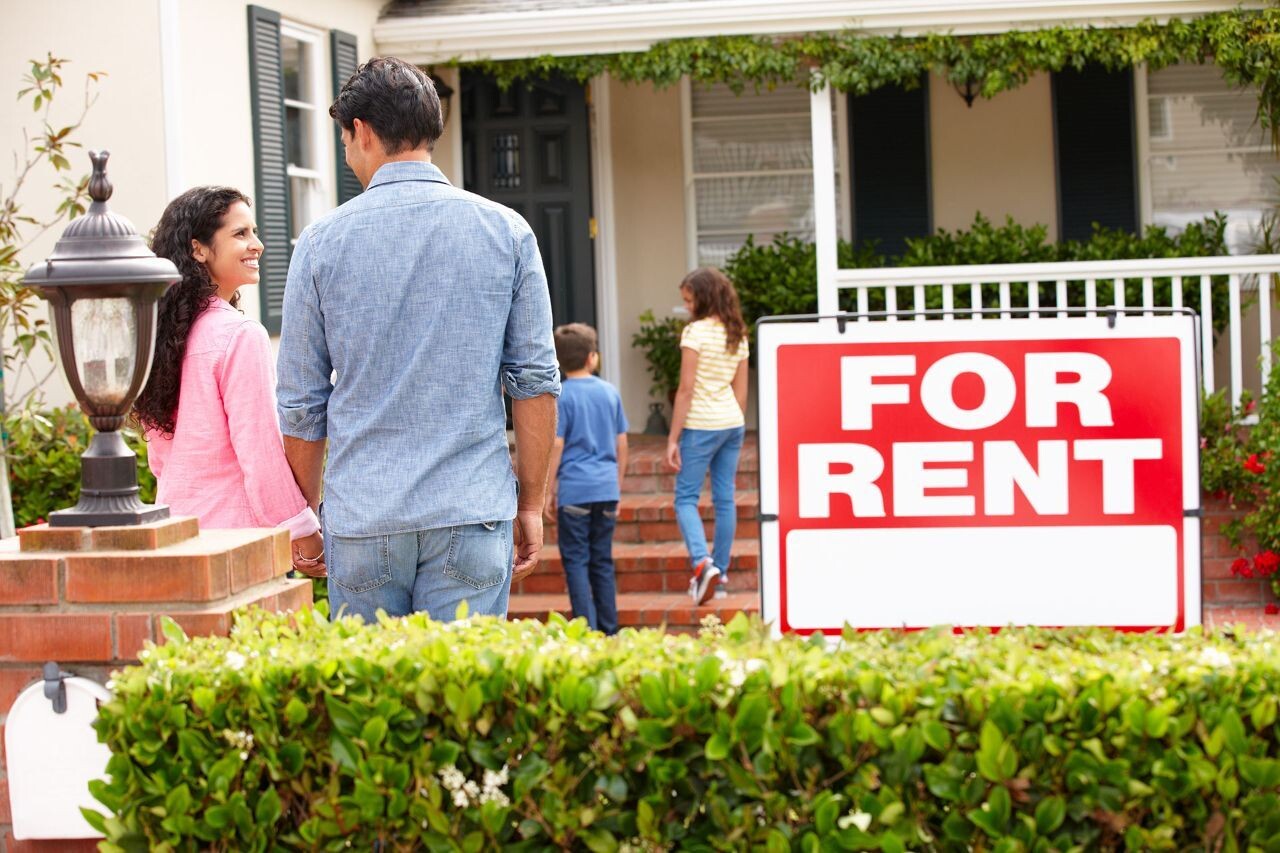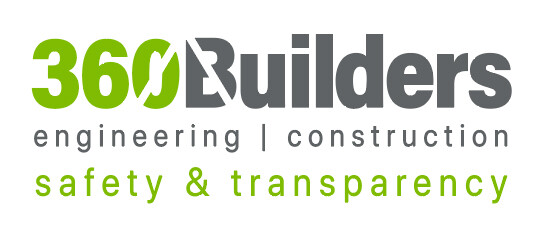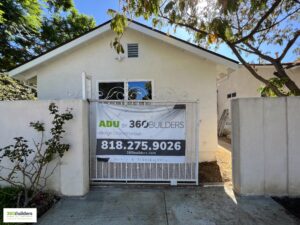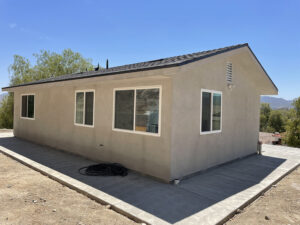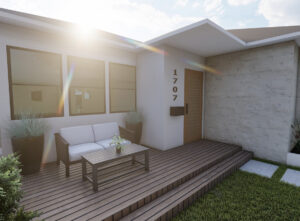So, you’ve invested in an ADU, but now you want to rent it out. What’s next?
First, if this is your first time renting out a property in California, make sure you are aware of these key rules:
Section 1950.6 requires all property owners to register every rental with the city within 10 days of offering it for rent. You can do so online here. All buildings must be inspected by the city (or plan to self-perform the inspection).
It is important to note that the process of renting out your property is a little more complicated when it involves an Accessory Dwelling Unit (ADU). Having said that, once you understand what’s involved in the process, you’ll find it to be easy.
Congratulations on getting your ADU rented! I’m going to assume that by this point you’ve painted, cleaned, and generally made the best possible improvements to your unit so that it is at its best. Next, I’ll walk you through each of the steps involved in getting your property rented:
Screening clients (this step can be skipped if preferred)
Once you have a tenant, they will then need to complete forms required by the city of Los Angeles.
If you will be managing the rental yourself then you’ll need to provide your potential tenants with the following information and forms:
- A copy of your certificate of occupancy (CO) or building permit issued by LADBS
- The original Certificate of Occupancy or Building Permit issued by the Bureau of Street Services demonstrating the legal status of your unit (with red tape seal)
- The Rent Stabilization Ordinance Checklist indicating that you have met all requirements for renting out an ADU.
If a management company will be screening tenants on your behalf, then they will need to provide potential tenants with:
- A copy of an LADBS certificate of occupancy (CO) or building permit issued by LADBS
- The original Certificate of Occupancy or Building Permit issued by the Bureau of Street Services demonstrating the legal status of your unit (with red tape seal)
- The Rent Stabilization Ordinance Checklist indicating that you have met all requirements for renting out an ADU.
NOTE: It is your responsibility as a property owner to collect and submit all of the appropriate forms to your tenants. You can do this yourself or have a reputable management company handle it for you. Make sure that if you decide to forego a management company, then you inform potential tenants in advance about how they will need to register their unit.
Background checks and security deposits
The next step after screening applicants is to complete a background check in order to comply with the city of Los Angeles’ regulations for ADUs. The good news is that by the time they’ve made it this far in our process, you pretty much know whether your applicants are decent tenants! For those that pass the paperwork stage, you’ll want to collect two months of security deposit + one-month prepaid rent (which will serve as their last month’s rent upon vacating – see below). You are not required to charge your tenant a deposit if they have a valid credit report with no history of defaults.
Rental agreement and starting lease
Once you have received the security deposit and one month of prepaid rent, you will need to give your tenant a copy of their signed lease agreement with your signature on it. The minimum legal term for a rental is three months in Los Angeles, so you are required to specify this as part of your rental agreement. Be sure that all terms agreed upon are included in this agreement. You may decide to use an additional addendum that specifies the terms of your rental and all other conditions.
Tenant registration
The next step is for you or your tenant to register their ADU with LADBS. This can be done online at this page. The cost is $561 per unit and the application process takes about a month. After LADBS approves your ADU, you will receive written confirmation.
Remember that if you are managing the rental yourself then it is your responsibility to ensure that the registration paperwork gets completed by both you and your tenant!
Certificate of occupancy inspection (after move-in)
Finally, you and/or your tenant will need to schedule an inspection with LADBS after moving into the unit. The purpose of this inspection is to ensure that it meets the terms under which you rented out the ADU. You can do this by phone at 213-972-2976 or via email. Be prepared to turn over all documentation that demonstrates the legal status of your property.
If you fail to schedule an inspection within 30 days of moving in, then your tenant will be required to vacate, and they won’t be able to return for 90 days after passing their inspection (this is a penalty process).
Property tax exemption for Los Angeles ADUs
Furthermore, you need to know that you are eligible for a $300/year property tax exemption in Los Angeles. This means that on your primary residence you will be able to apply for an additional homestead exemption along with the one that you get by default at $731 per year. That’s a total of $1031 off your property tax bill.
In order to qualify for the additional homestead exemption, you will need to be able to show that you have a legal ADU on your property. The easiest way to do this is by scheduling your inspection appointment with Los Angeles. Be sure to save copies of all your correspondence with them as you may be asked for documentation in the future.
Just like with the rental of a primary residence, you should work with your tenants to schedule their move-in and out dates in order to avoid this penalty process from LADBS.
Lastly, remember that if you are managing the rental yourself then it is your responsibility to ensure that the registration paperwork gets completed by both you and your tenant!
All that’s left once you pass these final steps is to enjoy your new income stream! Best of luck to you!
